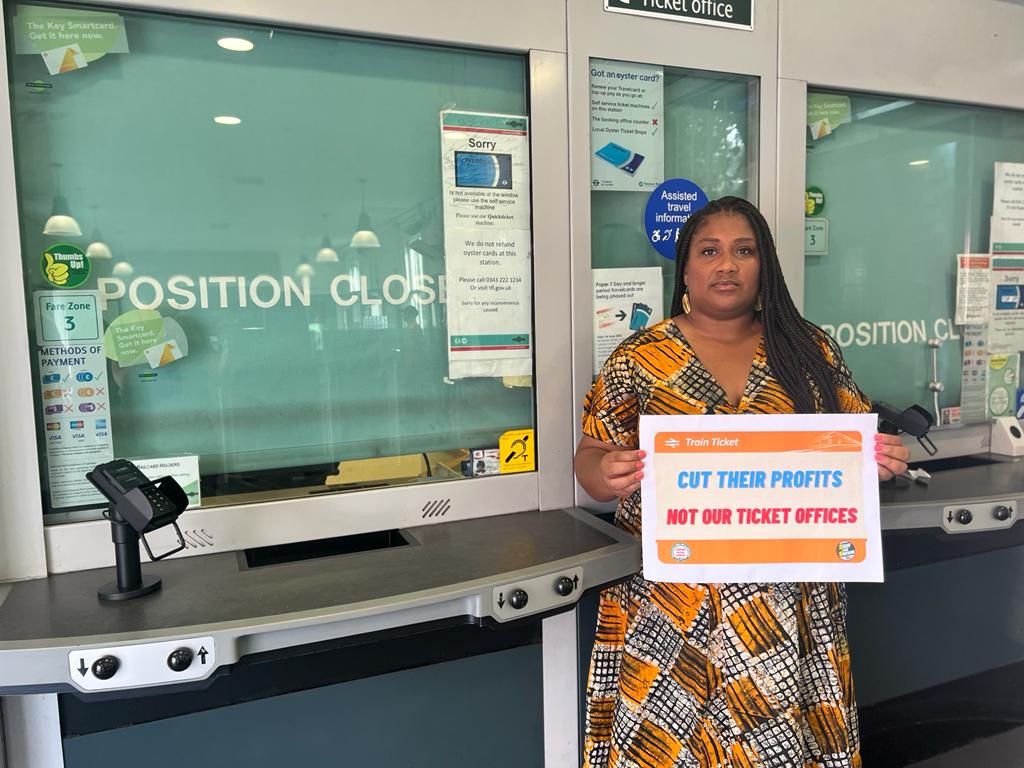
Last week, rail companies announced plans to rush through the closure of almost every train station ticket office in the country. These cuts would be bad for passengers, workers, and accessible travel. They aren’t an attempt to modernise our railway network; they’re an attempt to shore up our ailing, failing privatised rail industry.
Our train station ticket offices are so much more than a place to purchase tickets, acting as the first point of contact for disabled people seeking assisted travel and a central point of contact for passengers in general. They support passengers who cannot use machines, provide a place of safety for children separated from parents, offer ticketing advice to ensure maximum savings and prevent mis-booked tickets and so much more besides. They bring a human touch to our railways.
The main justification for these cuts from the Rail Delivery Group (the industry body representing train companies) is that only 1 in 8 rail journeys are now booked using ticket offices. Whilst it’s certainly true that people are gravitating towards new booking methods, this figure still represents a significant number of transactions. Disability activist Rachel Charlton-Dailey estimates that 118 million train journeys were facilitated by ticket offices in 2021-22 alone.
Disabled activists are leading the charge against scrapping ticket office closures, rightly pointing out that this will make it harder for disabled people to purchase tickets, access assisted travel, and stay safe in stations.
Rail operators are already systematically failing to provide accessible travel. A leaked document from Govia Thameslink Railway last year showed that the company has been running driver-only operated trains at unstaffed stations, stopping disabled passengers from accessing turn up and go travel on the same terms as other passengers. Subsequent investigations by the Association of British Commuters revealed that six companies (GTR, GWR c2c, Greater Anglia, Southeastern, and Chiltern) operated staffing policies that denied disabled people turn up and go travel in breach of the public sector equality duty.
The rail industry and government claim these latest closures are simply a matter of moving staff out “from behind the glass” into the station at large. But train operators have already issued Section 188 notices informing staff that their jobs are at risk. Meanwhile, the government is refusing to offer any meaningful assurances on job security. With many already frequently failing to deliver assisted travel, it is very difficult to see how further cuts to staffing will do anything to improve accessibility – quite the opposite. It’s hard to see the government’s mantra of “modernisation” as anything other than a fig leaf for cuts that will deny more disabled people the same right to travel as everyone else.
The parlous state of our railways is a textbook example of why privatising a natural monopoly is a very bad idea. Rail is a relatively low margin industry, so entrusting it to companies with a fiduciary duty to deliver for shareholders invariably creates a situation where the only options are to hike fares and cut services to keep the dividends flowing.
Rail companies made £310 million in taxpayer-funded profits between March 2020 and September 2022: a period which coincided with a 22% reduction in overall service levels. That money alone would cover a £12,500 pay rise for every RMT member who has been on strike over the past year. As well as draining money out of our rail network and into shareholders’ pockets, privatisation has created a fragmented, dysfunctional and unaccountable system of provision. With the patchwork of companies involved in running our railways all focused on maximising their own returns, the current model has proven incapable of delivering an efficient, well planned, properly funded system for the long term.
With rail fares rising at twice the rate of wages since 2010, it’s becoming clearer and clearer that we pay more and more for less and less. In an age of climate breakdown, the money we spend on our railway network must be invested back into services and infrastructure if we are going to get people off the roads and onto cleaner public transport.
When RMT members walk out on strike next week, they are not just fighting to protect ticket office jobs or stop their pay being eaten up by inflation; they are fighting for a railway system run for the benefit of the many, not the few. Instead of shoring up our privatised rail industry on the backs of passengers, disabled people, and staff, we need to take it into public ownership and boost funding.
This article was first published in Labour Outlook on the 14th July 2023.
